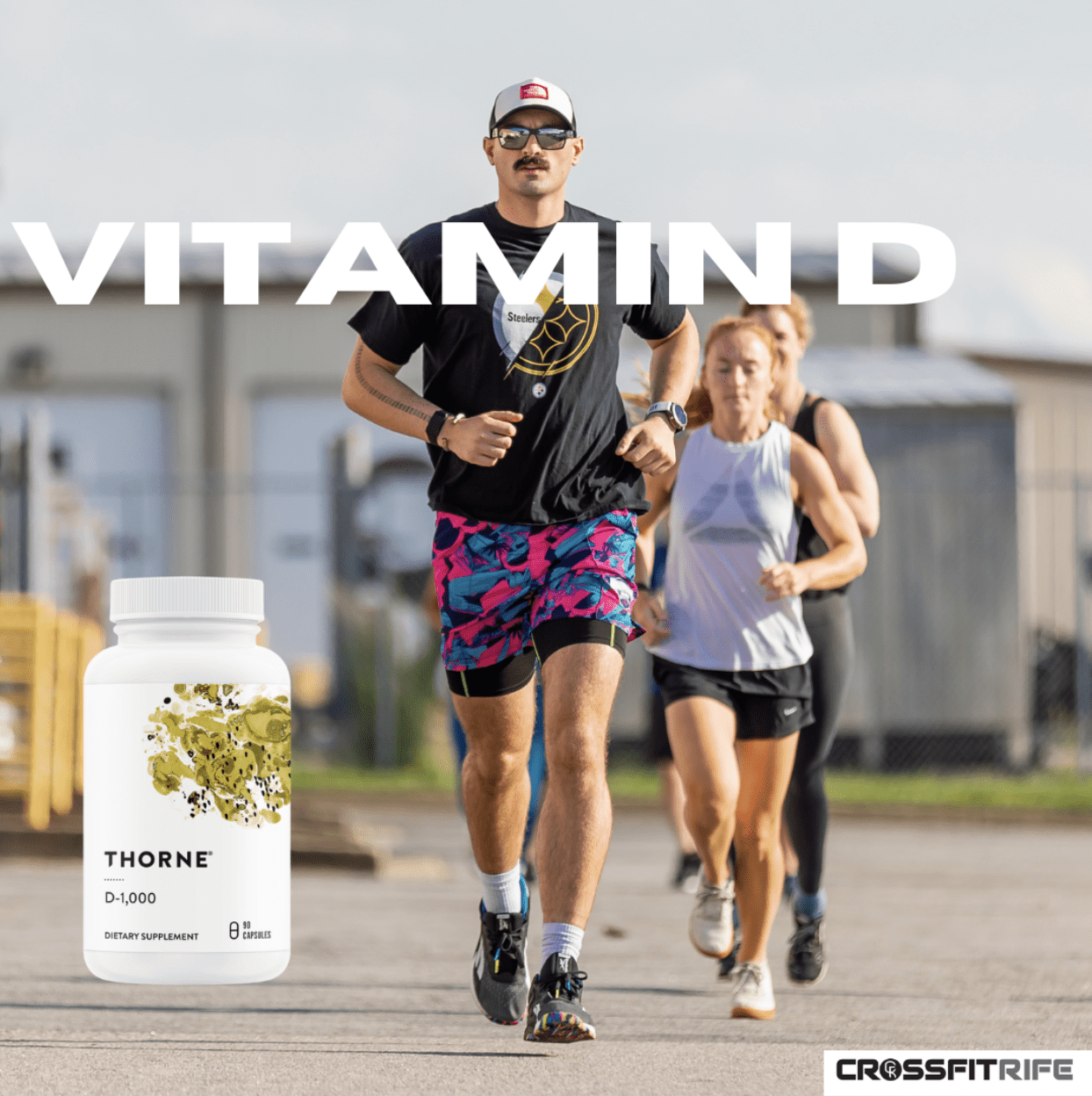Are you getting enough vitamin D? This essential nutrient plays a vital role in maintaining strong and healthy bones, supporting immune system function, and regulating other minerals in the body. A deficiency in vitamin D can lead to weak bones, an impaired immune system, muscle weakness, and even mental health problems.
What does vitamin D do for the body?
Vitamin D is a nutrient that plays a number of important roles in the body. It is crucial for maintaining strong and healthy bones, as it helps the body absorb calcium from the diet. Vitamin D is also necessary for proper immune system function, as it helps the body fight off infection and disease. In addition, vitamin D plays a role in regulating the levels of other minerals, such as phosphorus and magnesium, in the body.
What are the negative implications for vitamin D deficiency?
A vitamin D deficiency can have a number of negative implications for the body. Some of the most common effects of a deficiency include weak and brittle bones, as the body is unable to absorb enough calcium from the diet without enough vitamin D. This can lead to an increased risk of osteoporosis, a condition that causes the bones to become fragile and prone to fractures. A deficiency can also impair the immune system, making the body more susceptible to infection and disease. In addition, a deficiency can lead to muscle weakness and a lack of energy. In severe cases, a deficiency can even cause depression and other mental health problems.
How much vitamin D should I take?
The amount of vitamin D that you should take depends on a number of factors, including your age, your health status, and whether or not you are exposed to sunlight regularly. In general, most adults should aim to get at least 600 international units (IU) of vitamin D per day, while older adults may need up to 800 IU per day. However, it is always best to talk to your doctor or healthcare provider to determine the right amount of vitamin D for your specific needs. Your doctor can also help you determine if you are at risk for a deficiency and may need to take a supplement to meet your daily requirements.
Does vitamin D help with exercise?
Yes, vitamin D can help with exercise in several ways. First and foremost, adequate levels of vitamin D are necessary for strong and healthy bones, as it helps the body absorb calcium from the diet. This is important for anyone who exercises regularly, as physical activity like CrossFit puts a lot of stress on the bones, and having strong bones can help prevent fractures and other injuries. In addition, vitamin D plays a role in muscle function and can help improve muscle strength, which can enhance physical performance and help with exercise. Finally, vitamin D is important for maintaining a healthy immune system, and having a strong immune system can help the body recover more quickly after a workout.
What is a high quality Vitamin D?
A high quality vitamin D supplement is one that is made from pure, high-quality ingredients and is free of impurities and contaminants. It should also be tested for potency and purity by an independent third party, such as a laboratory, to ensure that it contains the amount of vitamin D stated on the label. In addition, a high quality vitamin D supplement should be manufactured in a facility that follows good manufacturing practices (GMPs) and is certified by a reputable organization, such as the USP (United States Pharmacopeia) or NSF International. When looking for a high quality vitamin D supplement, it is always a good idea to check the label for information about the source of the vitamin D and the manufacturing facility, as well as any third-party certifications the product may have.
Here are the 6 Key take aways about Vitamin D:
- Vitamin D is a nutrient that is important for maintaining strong and healthy bones, as it helps the body absorb calcium from the diet.
- It is also necessary for proper immune system function and can help regulate the levels of other minerals in the body.
- A deficiency in vitamin D can lead to weak bones, impaired immune function, and a lack of energy.
- Most adults should aim to get at least 600 international units (IU) of vitamin D per day, while older adults may need up to 800 IU per day.
- Vitamin D can help with exercise by supporting strong bones, improving muscle function, and aiding in post-workout recovery.
- A high quality vitamin D supplement should be made from pure ingredients, tested for potency and purity, and manufactured in a facility that follows good manufacturing practices (GMPs).






